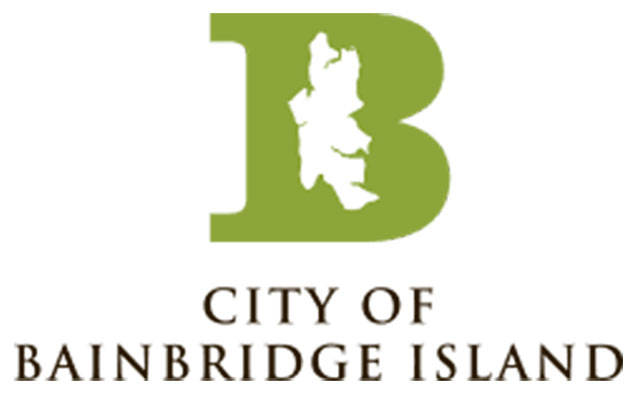The Bainbridge Island City Council will talk about a proposal to raise sale taxes to pay for affordable housing at its meeting this week.
The Washington State Legislature adopted a law in 2015 that allows cities to propose ballot initiatives that would increase the sales tax by up to 0.1 percent for affordable housing and related services.
Such proposals are, however, subject to a public vote.
Officials said increasing the sales tax on Bainbridge Island by 0.1 percent would bring in $500,000 a year, if it were approved by voters.
The law says that at least 60 percent of the revenue generated by the sales tax increase must be used for constructing affordable housing, or facilities for people with mental and behavioral health-related issues.
But the city of Bainbridge Island isn’t required to build affordable housing itself; city officials note the sales tax funding can also be awarded to a community nonprofit that is building or has recently completed affordable housing.
The remainder of funding from the sales tax hike — 40 percent — must be used “for the operation, delivery, or evaluation of mental and behavioral health treatment programs and services or housing-related services.”
If the city decides to seek a sales tax increase, it must pass a resolution and notify Kitsap County so the proposition can go to voters.
The sales tax increase would need a simple majority to pass.
The current sales tax rate on Bainbridge Island is 9 percent (the local rate is .025 and the state rate is 0.65). The sales tax rate is also 9 percent in Bremerton, Port Orchard, Poulsbo and unincorporated Kitsap County.
Three election dates are available for the tax increase: the special election date of April 28; the Aug. 4 2020 Primary; and the Nov. 3 General Election.
If the sales tax increase is adopted before July 27, however, the city may get an extra boost in sales tax funding for affordable housing.
Here’s where things get a little complex.
The city passed an ordinance last year that allowed Bainbridge to retain a portion of the 6.5 percent sales tax collected by the state, under the condition that Bainbridge will use that piece of the state’s portion to invest and support affordable housing.
Called the Affordable Housing Sales Tax Credit, the city will get approximately $43,000 over the next 20 years from its extra piece of the state 0.65 percent of sales taxes collected on Bainbridge.
The state law that created the Affordable Housing Sales Tax Credit, HB 1406, also includes an option where the city could effectively double the sales tax revenues collected under the tax credit.
That doubling would be allowed if the city sends to voters, and voters approve, a sales tax increase specifically for affordable housing.
The new sales tax hike under consideration by the council fits the bill, but there’s a catch.
To be eligible for an increased sales tax credit, HB 1406 sets a deadline for doubling the credit. Bainbridge would need voters to approve a sales tax increase at the ballot box before July 27 — the one year anniversary of the effective date of HB 1406.
That means the ballot proposition for the sales tax increase would need to go to voters on April 28.
To meet the deadline for the special election in April, the Bainbridge council would need to adopt an election resolution and transmit it to Kitsap County by Feb. 28.
If passed by voters, Bainbridge would get the estimated $500,000 in additional sales tax revenue from the 0.1 percent increase, while the Affordable Housing Sales Tax Credit allotted to Bainbridge would rise to approximately $86,000 per year for the next 20 years.
Bainbridge voters have soundly rejected the city’s requests for tax increases in recent years.
Last year, voters shot down a $15 million, seven-year levy to pay for roadside improvements for bicyclists and pedestrians.
In November 2015, voters dealt a landslide defeat to Proposition 1, a $15 million bond measure for a new police station just north of city hall on Madison Avenue.
The Bainbridge council will talk about the sales tax increase at its meeting Tuesday, Jan. 28 at city hall. The meeting begins at 6 p.m.


